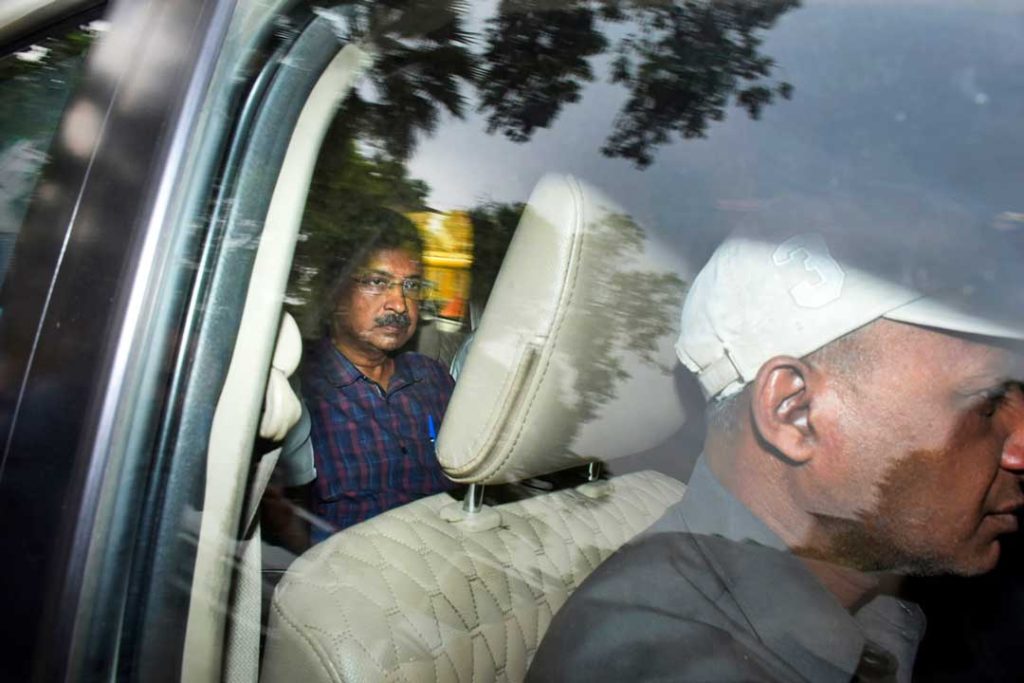An Indian court has extended the custody of opposition leader Arvind Kejriwal for four more days following his arrest by the federal Enforcement Directorate. The agency, which is controlled by Prime Minister Narendra Modi’s government, has accused Kejriwal’s party and ministers of accepting bribes from liquor contractors. Kejriwal, the top elected official in New Delhi, has denied the accusations and his party has vowed to fight the case in court. Kejriwal’s arrest has sparked protests by hundreds of his supporters and has brought his case to the forefront of Indian politics as the country prepares for general elections starting next month.
The Aam Aadmi Party, also known as the Common Man’s Party, is part of a broad alliance of opposition parties called INDIA, which is the main challenger to Modi’s ruling Bharatiya Janata Party in the upcoming election. Kejriwal has described his arrest as a political conspiracy and has accused the Enforcement Directorate of manipulating investigative agencies for political motives. The case against Kejriwal has fueled allegations from opposition parties that the government is misusing its power to harass and weaken its political opponents. Meanwhile, some investigations against opposition leaders who defected to the BJP have been dropped, leading to further accusations of bias.
Indian officials have objected to comments from the U.S. State Department expressing concerns about the treatment of opposition leaders in India. The State Department noted that it was following Kejriwal’s case and encouraged a fair and transparent legal process. In response, Indian authorities summoned officials from both the U.S. and German embassies to express their displeasure with the comments. India’s Foreign Ministry spokesperson emphasized that legal processes in the country are driven by the rule of law, and that fellow democracies should appreciate this fact.
Kejriwal’s arrest is the latest in a series of setbacks for India’s opposition parties, which have accused the government of using law enforcement agencies to target and undermine them ahead of the general election. The Congress party, one of the main opposition groups, has also alleged that the government froze its bank accounts in a tax dispute in an attempt to cripple its ability to campaign. Opposition figures have criticized these actions as undemocratic and have called out Modi’s party for allegedly misusing agencies to suppress political opponents. The BJP has denied these claims, stating that law enforcement agencies act independently.
Indian Muslims have raised concerns about a new citizenship law that they fear could further marginalize them in the country. The law has sparked protests and criticism, with some accusing the government of discriminating against minority communities. Amidst these controversies, Kejriwal’s case has become a focal point of discussion, with both domestic and international observers closely monitoring the situation. As the political climate in India heats up ahead of the general election, tensions between the ruling party and opposition continue to escalate, setting the stage for a contentious and closely watched contest.


